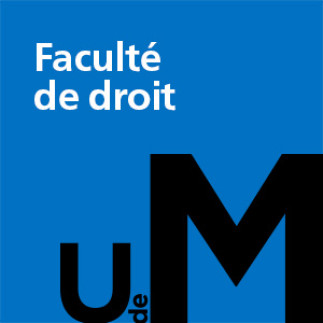Conférencier
John Borrows, professeur, Faculté de droit, University of Victoria, Chaire de recherche du Canada sur le droit autochtone et Nexen Chair in Indigenous Leadership
Répondante
Andrée Boisselle, professeure adjointe, Osgoode Hall Law School
La conférence sera suivie d’un vin d’honneur.
Résumé
Indigenous Legal Systems and Governance: Eliminating Pre- and Post-Contact Distinctions in Canadian Constitutional Law
Indigenous peoples’ law, while suppressed and fractured by colonial suppression and misrecognition, is an animating source of authority throughout the country. Unfortunately, the Supreme Court’s view of the historical nature of Aboriginal rights has prevented Indigenous norms from enjoying broader force. The Court’s distinction between pre- and post-contact practices of Indigenous peoples should be erased from the country’s constitutional law. Law should not be equated with history, particularly when we live (and lived) in a colonial context. To facilitate the recognition of contemporary Indigenous governance the temporal priority of Indigenous peoples’ ‘first-ness’ should be nuanced. The United Nations Declaration on the Rights of Indigenous Peoples points towards a reorientation in Canada’s jurisprudence dealing with Aboriginal rights, and the rejection of pre and post-colonial distinctions in Canadian law.
Traduction simultanée de l'anglais au français
Formation d’un dispensateur reconnu aux fins de la formation continue obligatoire du Barreau du Québec pour une durée d’une heure trente. Une attestation de participation représentant une heure trente de formation juridique sera transmise aux notaires.

